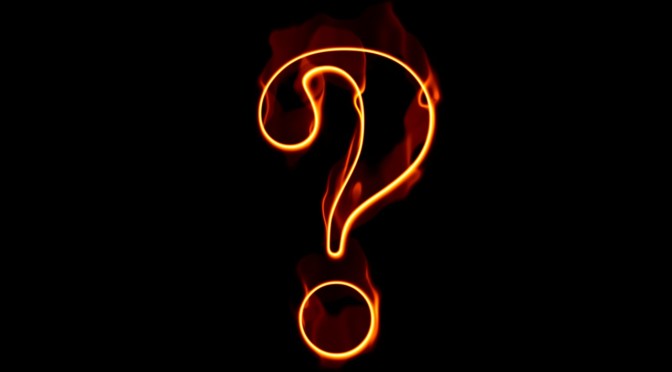One of the most powerful tools in the attorney’s arsenal of discovery is the deposition which is used to lock-in the facts and to impeach witnesses.
The deposition is sworn testimony under oath before a court reporter. It is usually conducted in one of the attorney’s offices and is basically between the attorneys, their clients, and the witnesses. That is to say a Judge is not present. However, if things get especially contentious, for example, over a question which has been objected to, and an answer refused, then that question can be certified to the Judge for a later ruling. Since a Judge is not present at a deposition, attorneys make objections for the record and the question is usually answered. The ruling on that evidence could the come later by a Judge if that testimony is used in Court. Often times objections are for the record only and most subject matter is open to scrutiny in a deposition. Accordingly, the scope of discovery is usually open-ended and attorneys are free to go on so-called “fishing expeditions” in order to find and discover the facts. This can include any facts. You never know what is going to turn up once you start rummaging around.
Attorneys Assist Clients in Personal Injury Negotiations
Once the facts of the case are established in a deposition, attorneys can come back and use that deposition testimony if the witness deviates from it later on in the case. During testimony in a trial, if a witness gives testimony that is different from that in the deposition, then the opposing attorneys can question the witness about the deposition testimony and expose the conflicting story which was given under oath. This goes to the credibility of the witness and begs the question of which story of the witness is the trier of fact, usually a jury, to believe. This is the essence of impeachment and is a powerful tool in an attorney’s arsenal to expose witnesses who, let’s politely say, cannot get their story straight. Having a witness read the conflicting testimony out of the deposition to the jury can have a powerful impact on the jury.
Sometimes witnesses will try to weasel out of their conflicting deposition testimony by coming up with excuses such as they were sick and not feeling well during the deposition. Or they did not understand the question during the deposition. This is used as a reason for the conflicting deposition testimony. To head this off, attorneys will often ask questions at the end of the deposition to establish that the witness was not sick and did understand all the questions during the deposition. Of course, any conflicting testimony at the trial regarding these seemingly innocuous questions starts the whole cycle of impeachment over again.
